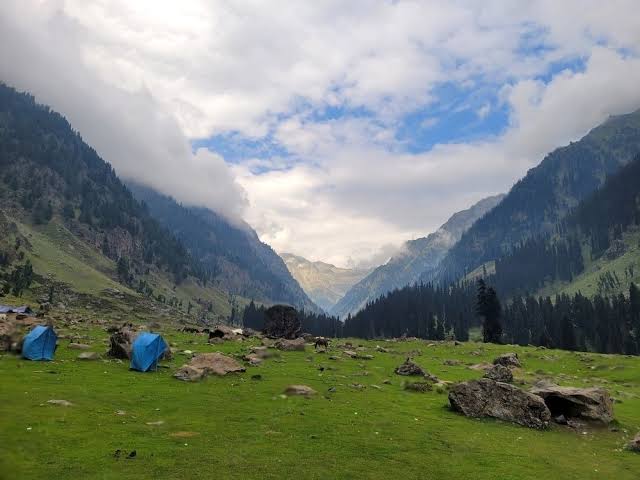India announced on Tuesday that it will resume the daily Wagah-Attari border ceremony with Pakistan, which was temporarily suspended earlier this month after one of the most intense escalations between the two nuclear-armed neighbors in decades.
The suspension followed deadly clashes sparked by an April 22 attack on tourists in Indian-administered Kashmir. New Delhi blamed Pakistan for backing the assault — an allegation Islamabad denied, demanding concrete evidence.

India’s Border Security Force (BSF) confirmed that the ceremonial retreat parade would reopen to the media on Tuesday and to the public on Wednesday at the Attari-Wagah land crossing.
Pakistan stated that it never halted its participation, continuing the daily ritual with troops marching solo on the Wagah side of the border.
Although the ceremony is set to resume, it is expected to be conducted on a smaller scale, with existing diplomatic restrictions still in effect, including the closure of the land border.
The Wagah-Attari border ceremony has long been a major tourist attraction, known for its energetic displays of military pageantry. Crowds from both countries gather daily to witness uniformed soldiers engage in synchronized goose-stepping and symbolic flag-lowering rituals.
Established at the partition of British India in 1947, the Wagah-Attari border stands as a historic marker between India and Pakistan. Despite decades of conflict, skirmishes, and diplomatic standoffs, the border ceremony has largely persisted as a symbol of both rivalry and resilience.